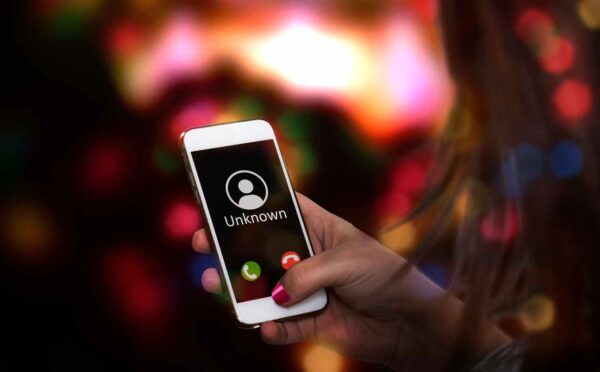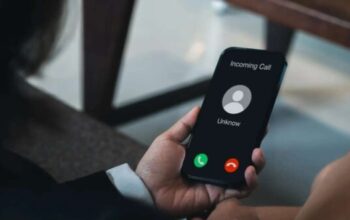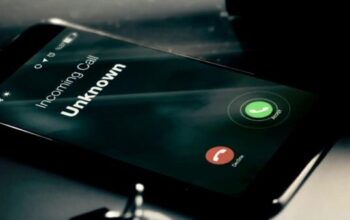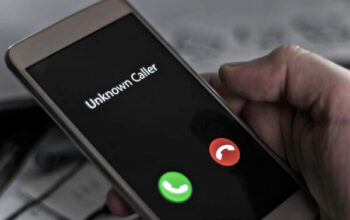Warning: Spam Call 0120574861 / 0120-574-861 / 0120 574 861 in Japan
Getting a call from an unfamiliar number can be an intriguing yet puzzling experience. It becomes even more mysterious when the call comes from a foreign country like Japan, with an unfamiliar string of digits as the caller’s number. In this article, we will delve into the enigma of the phone number “0120574861” that called you from Japan, offering insights into Japanese phone numbers, potential sources of the call, how to deal with unknown calls, and steps to identify the caller. Above all, we’ll emphasize the importance of prioritizing safety and privacy in such situations.
Understanding Japanese Phone Numbers: 0120574861
Japanese phone numbers can seem cryptic to those not accustomed to their format. The number “0120574861” appears at first glance to be an ordinary Japanese number, but it’s more than just a sequence of digits. To understand it better, let’s break it down:
- “0120” is an area code often associated with toll-free numbers.
- “925” represents the regional exchange number, pinpointing the caller’s location.
- “527” is the unique subscriber number.
Learning how Japanese phone numbers are structured can be a key step in deciphering the mystery.
Potential Sources of the Call 0120574861
When receiving a call from an international or unfamiliar number, it could be attributed to various sources:
- Telemarketing: It might be a sales call from a Japanese company targeting a global audience. Japanese businesses often reach out to potential customers through international calls.
- Wrong Number: Human error can lead to accidental calls. The caller may have intended to contact someone else.
- Scams: Be cautious of unsolicited calls, as they could be part of a scam. Scammers sometimes use international numbers to evade detection.
- International Contacts: If you have contacts in Japan, it might be a friend or colleague trying to reach you.
Dealing with Unknown Calls
When confronted with an unknown international call, it’s essential to handle it cautiously:
- Don’t Answer Immediately: Allow the call to go to voicemail, giving you a chance to assess its legitimacy.
- Use Call Blocking: Many smartphones offer the option to block specific numbers or calls from certain regions.
- Verify the Caller: If you have contacts in Japan, reach out to them to see if they attempted to contact you.
Steps to Identify the Caller 0120574861
If the curiosity gets the better of you, here are some steps to identify the caller:
- Call Back: Consider calling the number back, but be cautious. Ensure that you don’t engage in suspicious conversations or provide personal information.
- Online Reverse Lookup: Utilize online resources or apps for reverse phone number lookup to gather information about the caller.
- Contact Your Service Provider: Reach out to your mobile service provider. They may be able to assist you in identifying the source of the call.
Safety and Privacy First
In any situation involving unknown calls, safety and privacy should be your utmost concern:
- Avoid Sharing Personal Information: Never disclose personal or sensitive information to unknown callers.
- Report Suspicious Activity: If you suspect the call is part of a scam or fraudulent activity, report it to the appropriate authorities.
FAQs About Call From 0120574861 Japan
1. Is it safe to call back an unknown international number like “0120574861”?
It’s generally safe to call back, but exercise caution and avoid sharing personal information.
2. What should I do if I suspect a call from Japan is a scam?
Do not engage with the caller, report the number, and consider blocking it.
3. Can I rely on online reverse lookup tools to identify the caller?
They can provide some information, but results may not always be accurate or up-to-date.
4. Should I answer an international call from an unknown number?
It’s safer to let it go to voicemail, assess its legitimacy, and proceed cautiously.
5. How can I prevent future calls from such numbers?
Use call blocking features on your phone, and report suspicious calls to your service provider.




